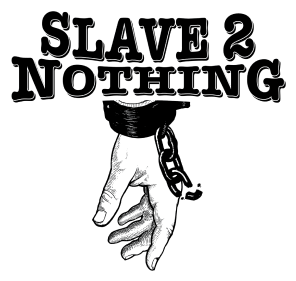In-N-Out Burgers (“In-N-Out”) is committed to purchasing goods and services only from suppliers that strive to treat all employees fairly and maintain excellent labor practices. We uphold this commitment thought the following policies:
- We require every In-N-Out supplier to affirm as part of our Supplier Agreement that it is not engaged in any type of human trafficking, human rights violations or other illegal or unfair labor practices. As part of our Supplier Agreement, the supplier must also verify that it is not purchasing or using any ingredients in its products that originates from a nation or source engaged in forced labor, human trafficking or other human rights violations.
- In all supplier contracts In-N-Out reserves the right to verify the supplier’s compliance with this human rights policy, in addition to our safety and quality standards, through both announced and unannounced audits by In-N-Out or third parties working on In-N- Out’s behalf. If any supplier is found to be in violation of these standards, In-N-Out intends to terminate that supplier’s contract. Our standards are clearly communicated to each supplier prior to executing any new contracts.
- In-N-Out fully supports the California Transparency in Supply Chains Act and through these steps works to ensure that its suppliers comply with both its spirit and legal requirements. In-N-Out will immediately investigate and address any information brought to its attention regarding any actions by a supplier that may be in violation of this Act.
- Among the core values of In-N-Out are integrity, honesty and respect. Through the hiring, training and management of In-N-Out Associates, we strive to enforce these values every day, ensuring that every person in our company is treated in accordance with federal, state, and local laws.
- In-N-Out Associates who directly engage in supply chain management will be required to sign a document indicating that they fully understand and will follow these policies.
- In-N-Out trains its Associates to be responsible for its supply chain management principles underlying its standards, and provides education on how to identify and respond to supply chain issues, including such potential issues as human trafficking and other human rights violations.

